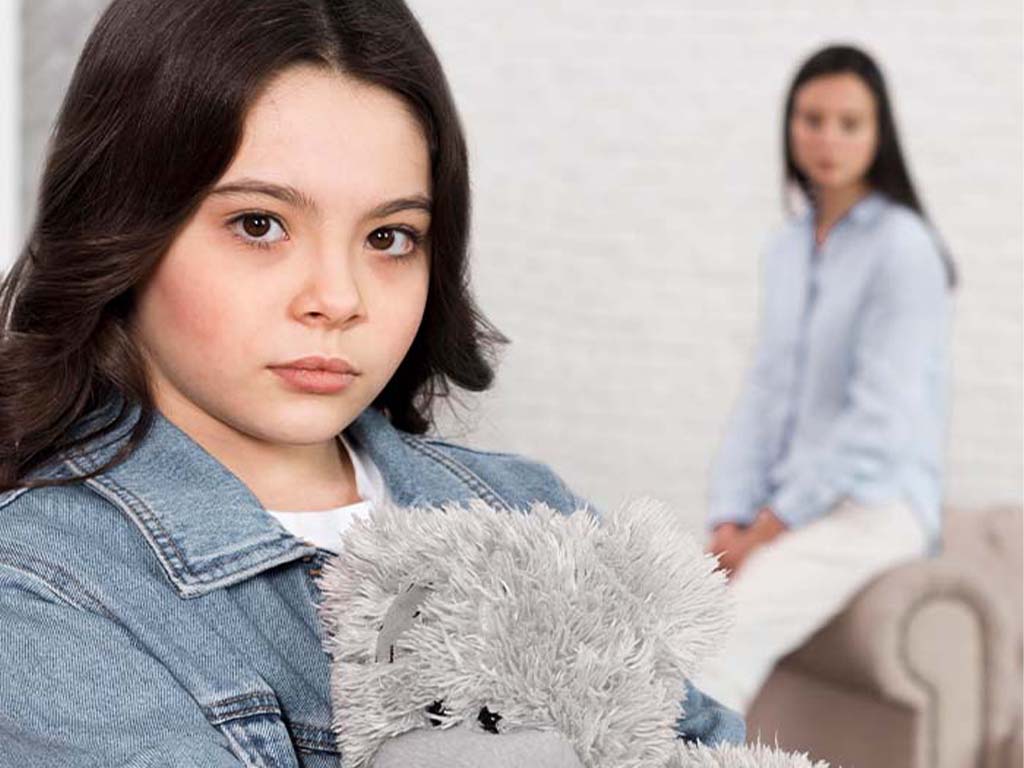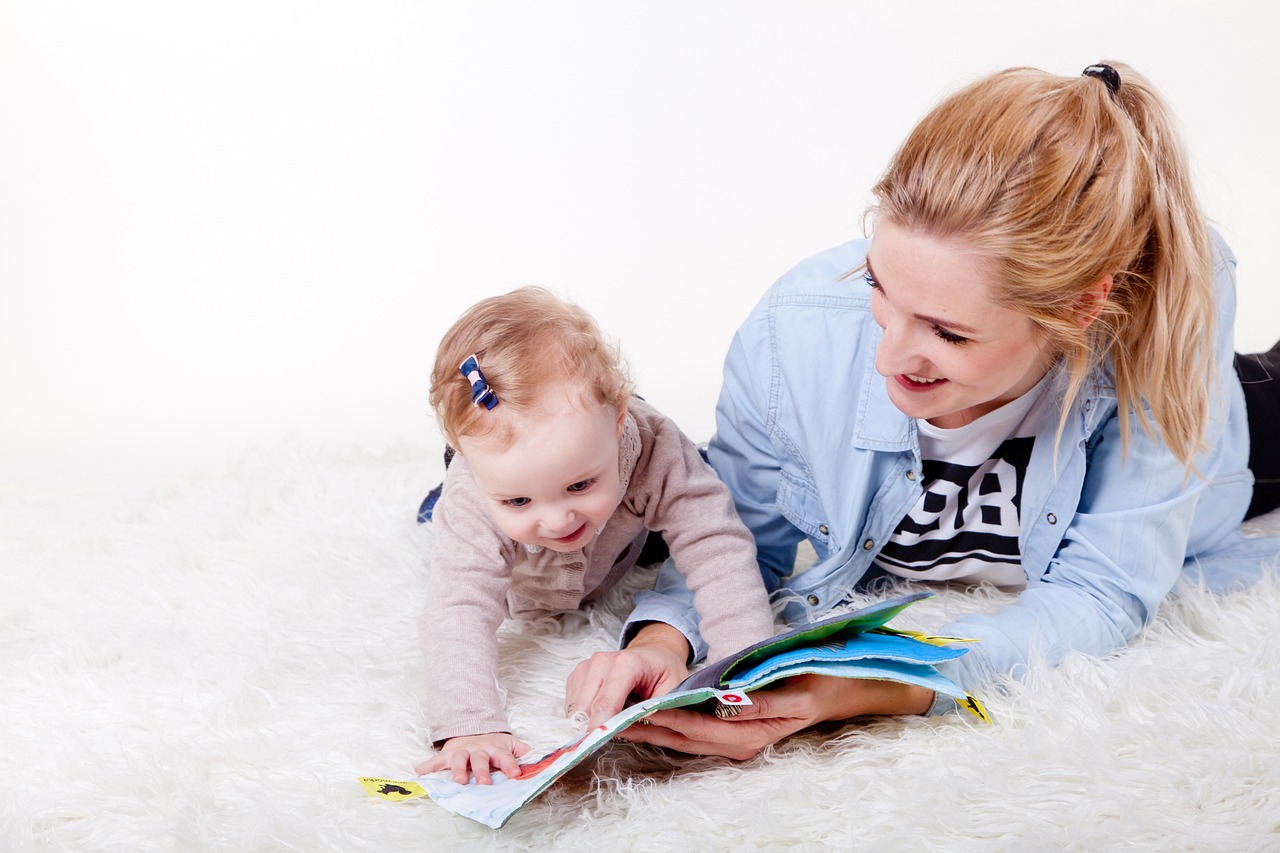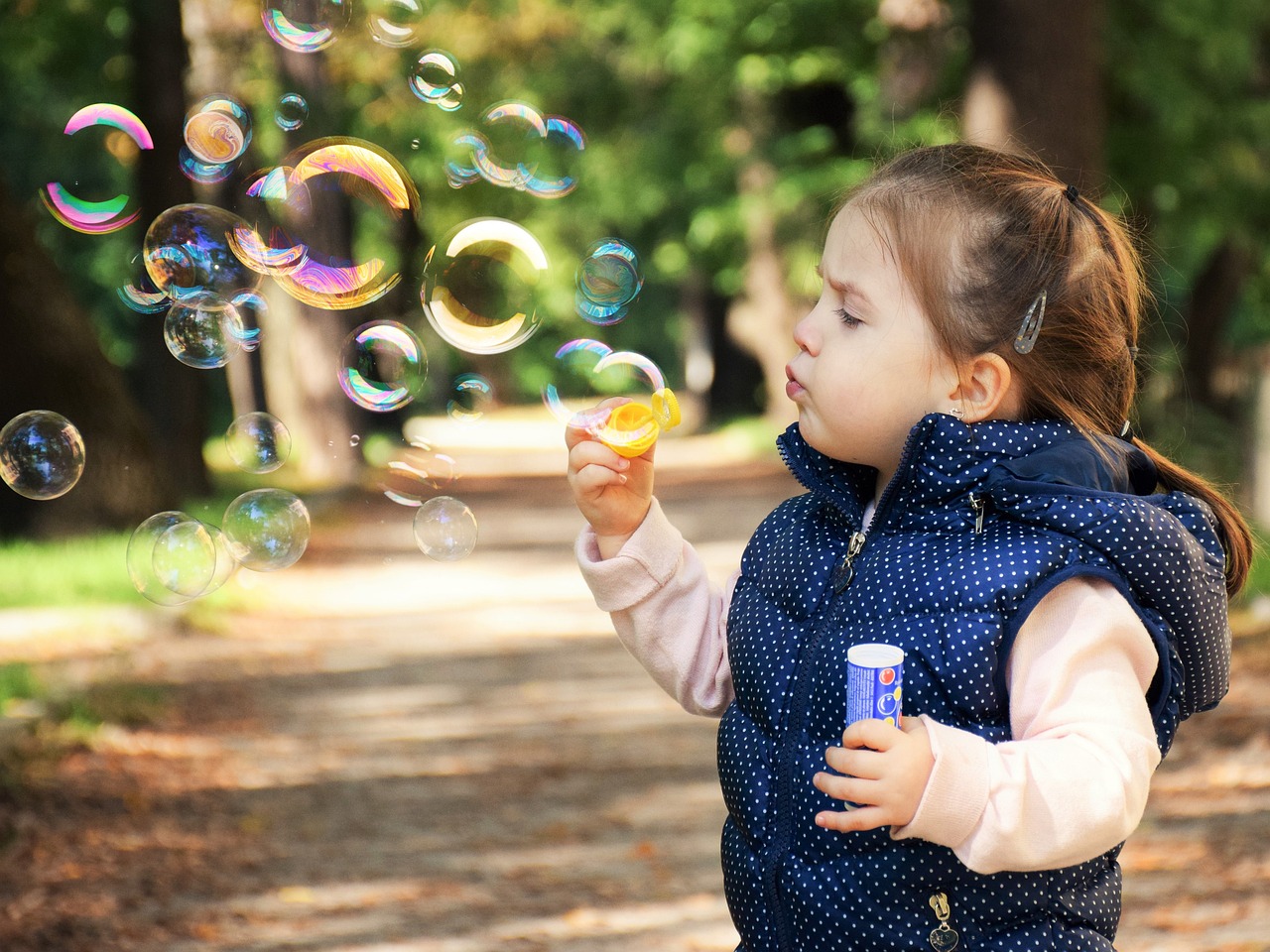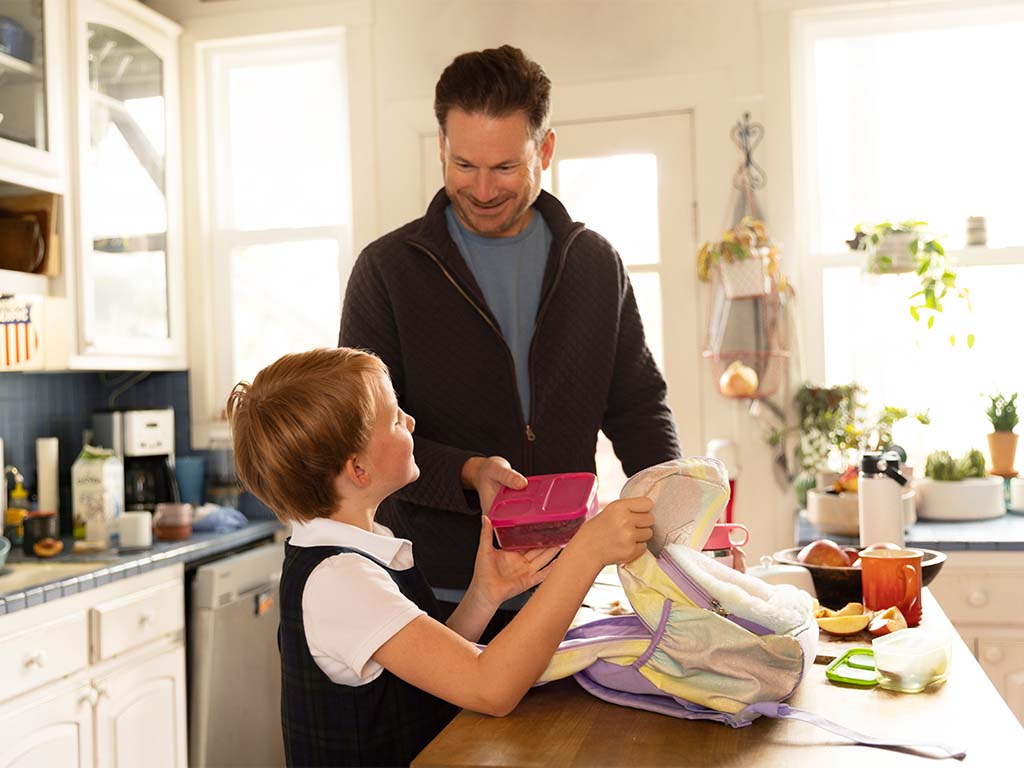
Beyond the Split: Understanding How Divorce Affects Kids
Divorce is difficult, especially on children. When parents decide to split up, it’s not just their lives that will change; it is a big deal for their kids, as well. In this article, I will explore how divorce impacts children and ways parents can support their children during this tough time.
Emotional rollercoaster
Imagine being a kid and going through your day-to-day life, when suddenly you are told your parents are splitting up. It can seem like an emotional rollercoaster, with feelings all over the place. Suddenly, you are experiencing confusion, anger, sadness, and worry. Everything feels shaky. Nothing feels stable. These changes can impact a child’s behavior, grades, or even their health. It is important for parents to understand this emotional rollercoaster and let their children talk with them about their feelings.
Children might not know why their parents decided to split up or even understand the concept of divorce. It is crucial for parents to provide open communication with their children, answer their questions in age-appropriate ways, and provide a safe space for their children to share what they are feeling. A little understanding goes a long way.
Changes in behavior
Divorce can turn a child’s behavior upside down. Some children might turn inward and become quiet, while others might act out for attention or because they are upset. It is important for parents to realize that these behavior changes are like alarms signaling deeper emotions. Talking openly and getting professional help when needed can give children the support they need to handle these changes in a positive way.
Parents should keep an eye on how their children are acting and talk to teachers and other caregivers. Consistent rules, love, and understanding from adults in kids’ lives can help them feel secure in the midst of all these big changes.
Impact on school
Divorce can interfere with a child’s education, as well. The stress and emotional rollercoaster can make it hard for a child to focus, reduce their motivation, and lead to lower grades. It is crucial that parents and teachers act as a team to create a supportive environment. Kids need understanding, flexibility, and sometimes extra help to keep up with school during this complex time.
Teachers play a big part in spotting signs of struggle in children and offering extra support when needed. Regular talks between parents and teachers can create a safety net for the kids, making sure their school needs are met during these tough times.
Long-term effects
Studies say the impact of divorce can stick around long into adulthood. Kids from divorced families might find it hard to maintain relationships, which often stem from trust issues as they watch their families fall apart. It is important for parents to step in early and offer emotional support during their child’s growing years. Involving mental health professionals, like therapists or counselors, can help children process their emotions and build up strength. Encouraging healthy relationships and communication skills early on can set kids up for better emotional well-being in the long run.
Co-parenting strategies
How parents handle co-parenting is a game-changer in lessening the impact of divorce on kids. Talking, working together, and sticking to a plan can create a stable space for kids. Even when parents have disagreements, it is important that they have clear routines, shared expectations, and the understanding that the kids always come first. When parents show a united front on rules and support, it gives kids a sense of stability and helps them manage the ups and downs of living between two homes.
Conclusion
Plain and simple: divorce is hard, especially on the kids. When parents can recognize their children’s emotional ups and downs, understand any changes in behavior, support their school needs, acknowledge potential long-term effects, and work together as co-parents, the negative impacts of divorce on kids can be greatly reduced. By creating a supportive environment and keeping communication open, parents can help their children navigate the rollercoaster of divorce and build up strength for a brighter future.
Divorce Support for Children
If you are going through a divorce and think your child might need some extra support, it is important to find a trained professional that can help. In my practice, I help children and teens understand their changing family situation, unpack their emotions, improve their communication skills, and develop valuable coping skills for the future.
I serve Coral Springs, Broward, and Palm Beach counties, South Florida, and virtually throughout the State of Florida. If you want to learn more, call (954)287-4221 and schedule a free consultation.





